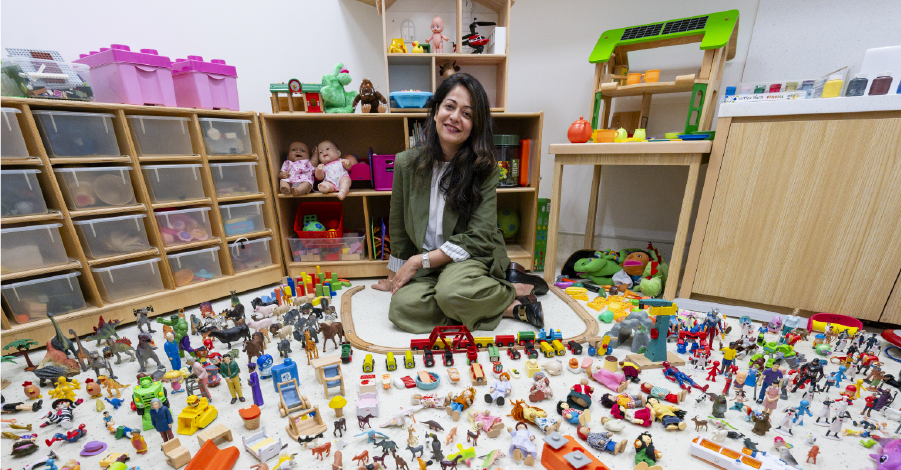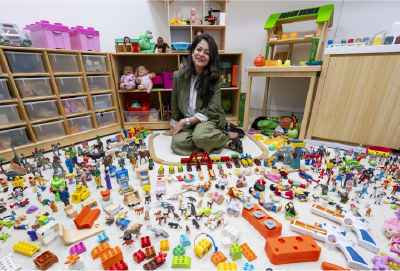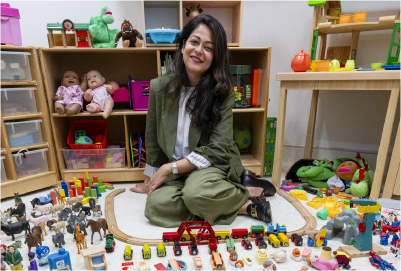
Play therapy is a psychotherapeutic approach where play serves as the primary medium for children to express themselves. Adopting a child-centred, non-directive approach, play therapists create a safe and non-judgemental space for children to explore and process confusing feelings and upsetting events. This form of therapy is suitable for children of all ages, particularly those between 3 to 10 years old.
Play therapy can be effective in addressing a range of issues, including anxiety, behavioural challenges, social and emotional difficulties, bereavement and loss, family transitions such as divorce, childhood illness or hospitalisation, transition and adjustment challenges and trauma.
During play therapy sessions, children engage in activities such as drawing, painting, clay modelling, water play, sand tray therapy, role-playing, puppetry, relaxation techniques, movement, and music. The outcomes of play therapy can vary, ranging from general improvements like reduced anxiety and increased self-esteem, to specific changes in behaviour and improved relationships with family and friends.
How to become a Play Therapist?
To practise as a Play Therapist, you will require a Postgraduate Diploma in Play Therapy with 200 supervised clinical hours of practice.
All Play Therapists need to be registered with a recognised professional body such as the Play Therapy International.
For more information on institutions offering professional training to become a Play Therapist, visit the links below:
Interested to join us as a Play Therapist?
Find out more about the Play Therapists working in our institutions and the work that they do by clicking on the links below:




















